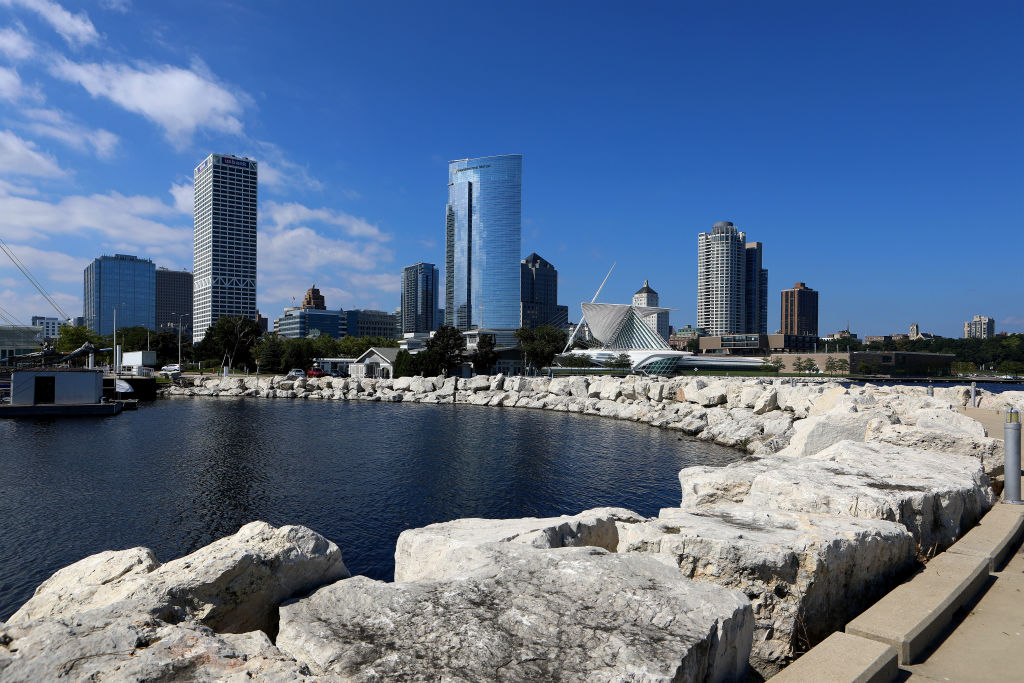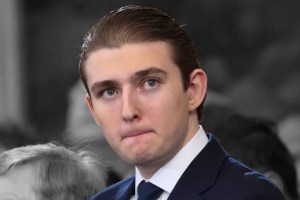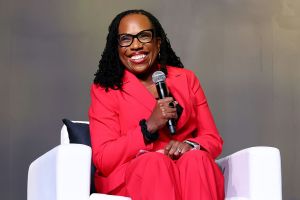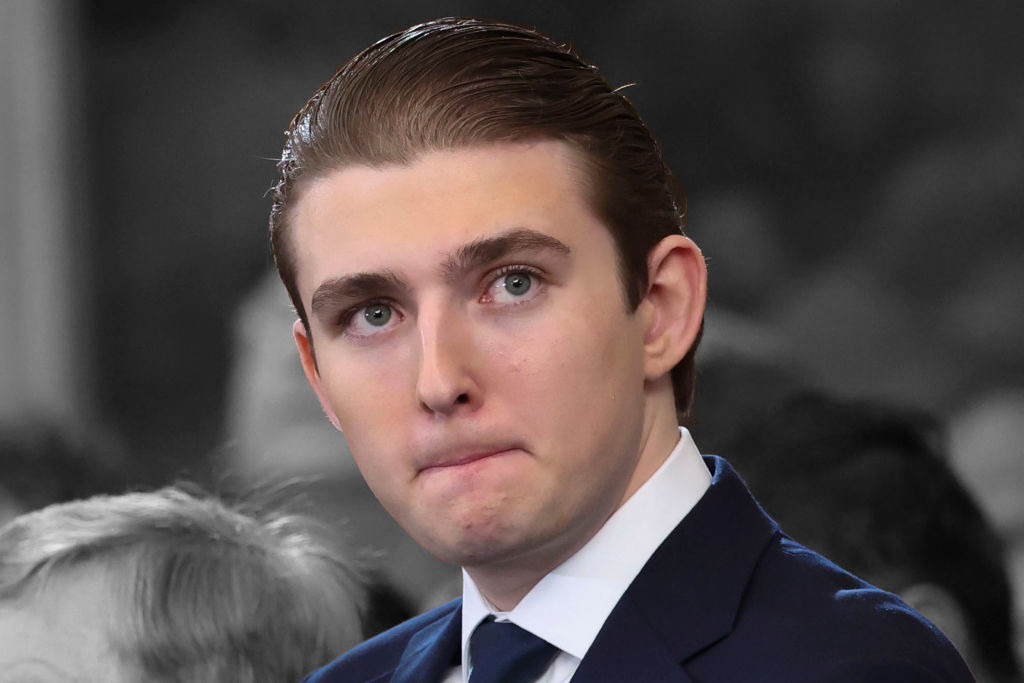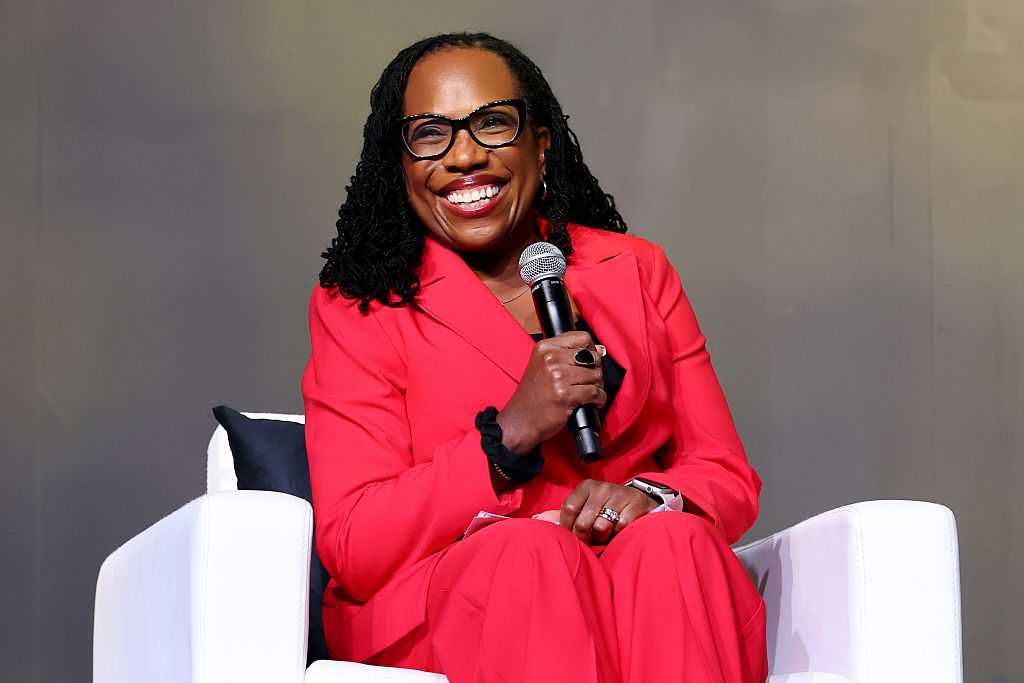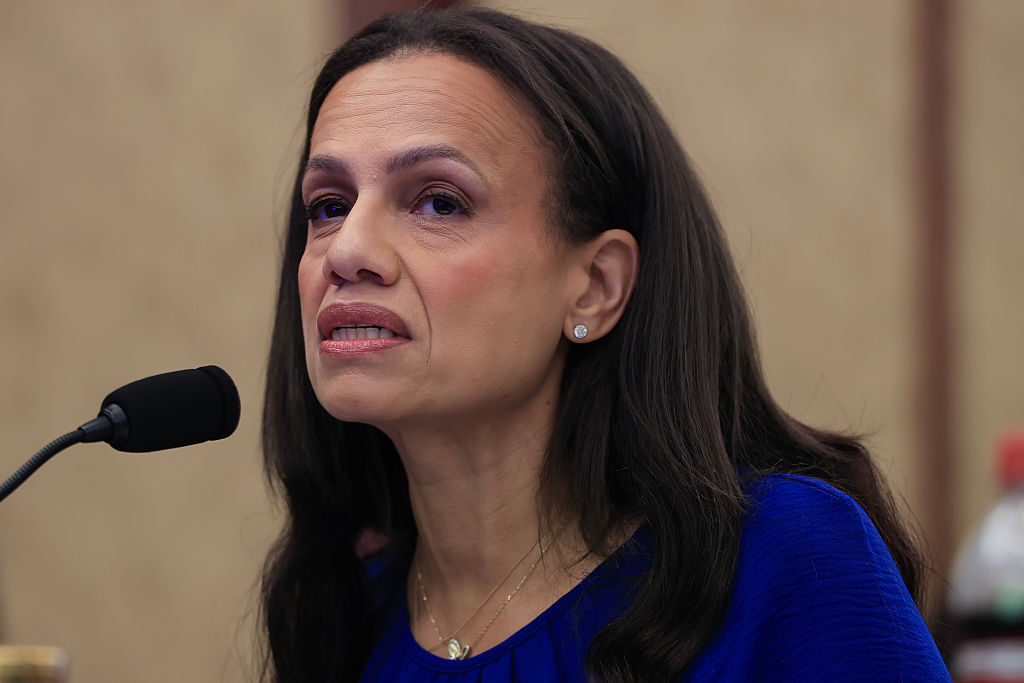The Republican National Committee today confirmed the criteria for presidential candidates to qualify for their first primary debate, which will take place in Milwaukee, Wisconsin, on Wednesday August 23.
Alongside the standard requirements of being eligible to run and a declared candidate with the appropriate FEC paperwork filed, to make the cut, a candidate must:
- poll at least 1 percent in three national polls OR 1 percent in two national polls and 1 percent in one early-voting state poll (Iowa, Nevada, New Hampshire, South Carolina) recognized by the RNC
- meet the polling requirement no later than forty-eight hours prior to the first debate — and the polls must be conducted after June 30
- have a minimum of 40,000 unique donors with at least 200 unique donors per state or territory in twenty or more states or territorities
- present evidence of this no later than forty-eight hours prior to the first debate
- pledge to support the eventual GOP nominee
- pledge not to participate in any debate not sanctioned by the RNC
Should it be required, a second day of debates will be held on Thursday August 24.
It is not clear at this time how the RNC plans to respond if a candidate chooses to break the pledge to support the eventual GOP nominee.
“The RNC is committed to putting on a fair, neutral and transparent primary process and the qualifying criteria will put our party and eventual nominee in the best position to take back the White House come November 2024,” RNC chairwoman Ronna McDaniel said in a statement.
Ahead of the 2016 election, the RNC’s first debates took place in Cleveland, Ohio, on August 6, 2015. Seven weaker-polling candidates took part in the undercard debate in the early evening: Carly Fiorina, Jim Gilmore, Lindsey Graham, Bobby Jindal, George Pataki, Rick Perry and Rick Santorum. Then in primetime, the ten highest-polling candidates locked horns: Jeb Bush, Ben Carson, Chris Christie, Ted Cruz, John Kasich, Mike Huckabee, Rand Paul, Marco Rubio, Donald Trump and Scott Walker.
Unlike then, The Spectator understands that if more than ten candidates meet the qualification requirements, the Republicans are likelier to do as the Democrats did in Miami in 2019 and split a mix of high- and low-polling candidates across each night.



